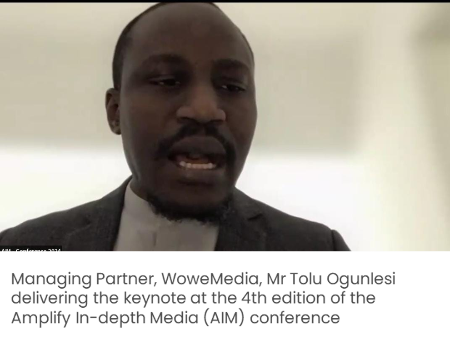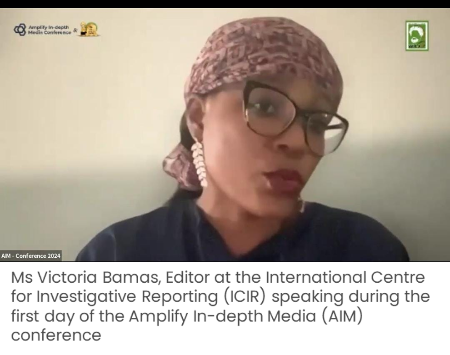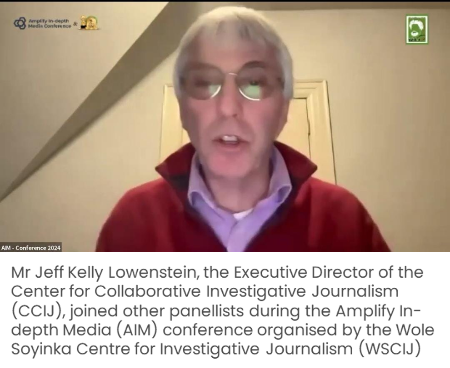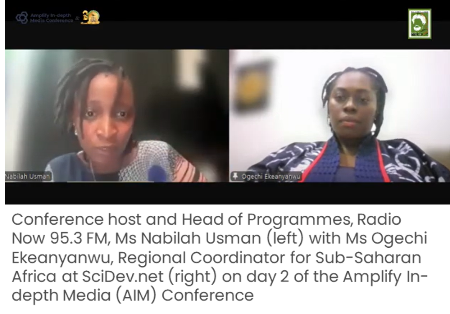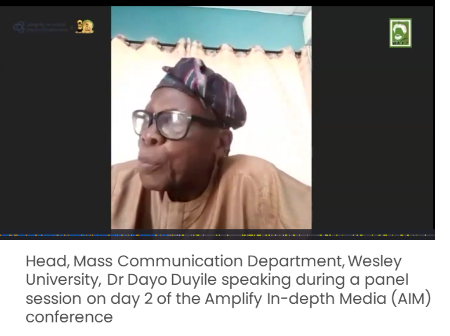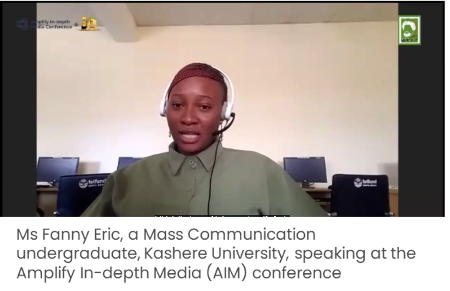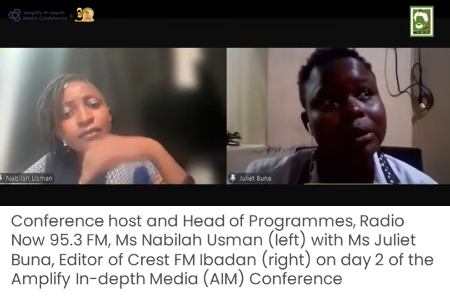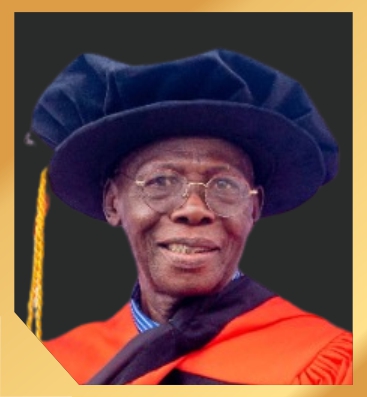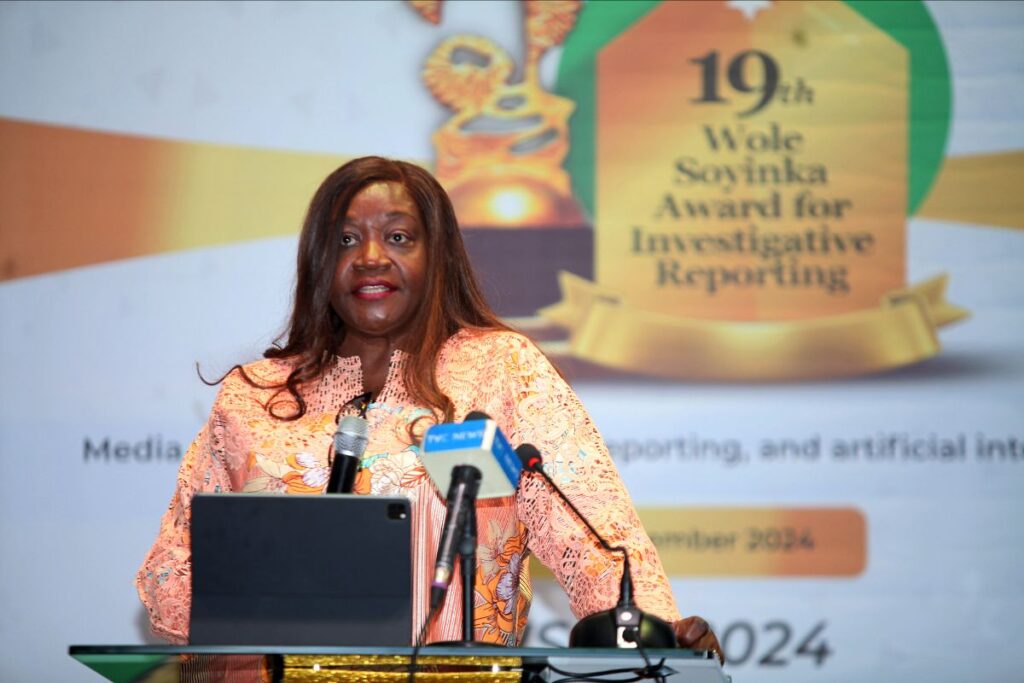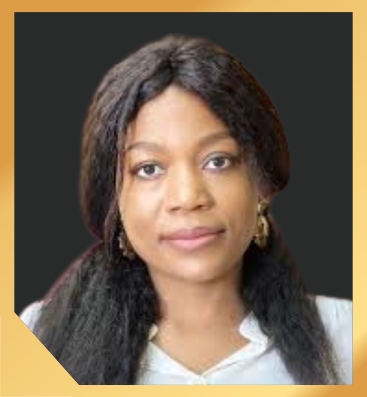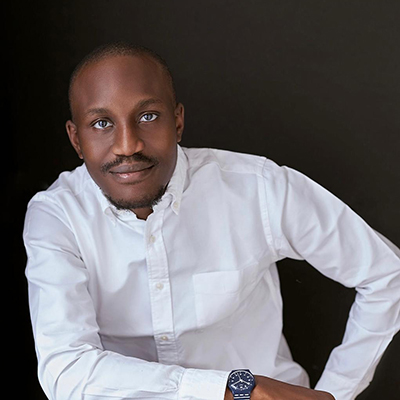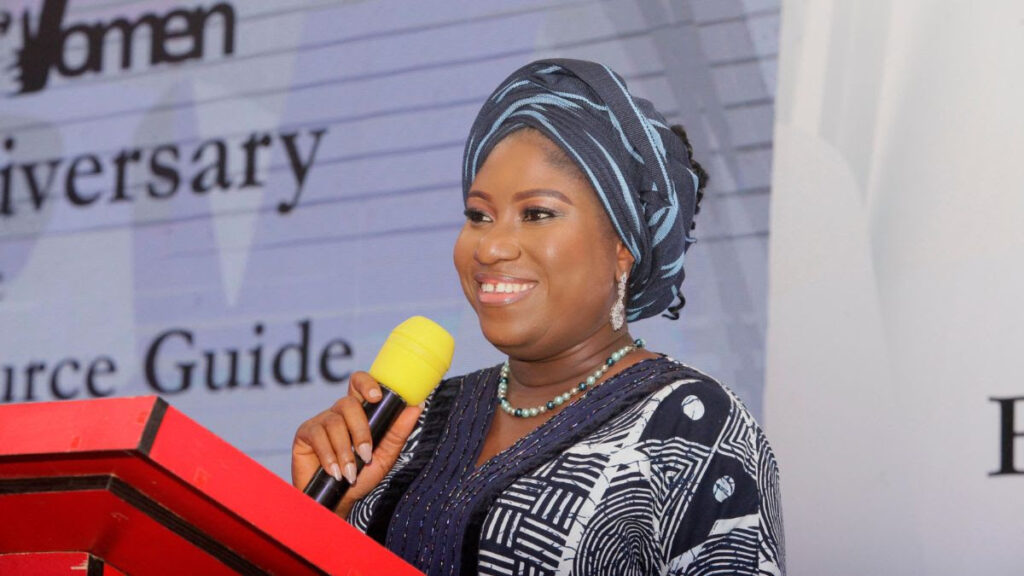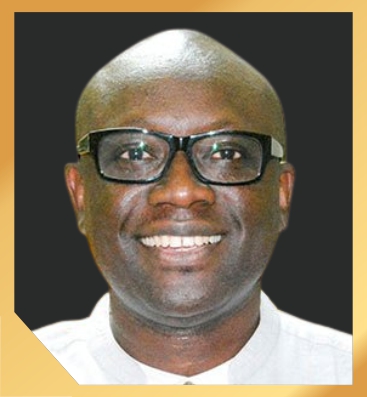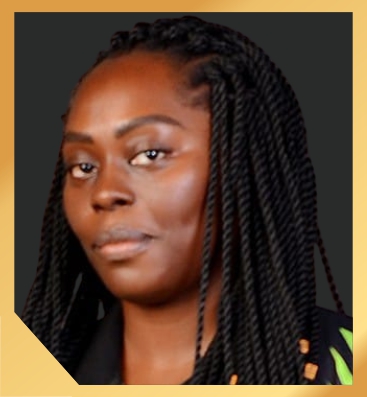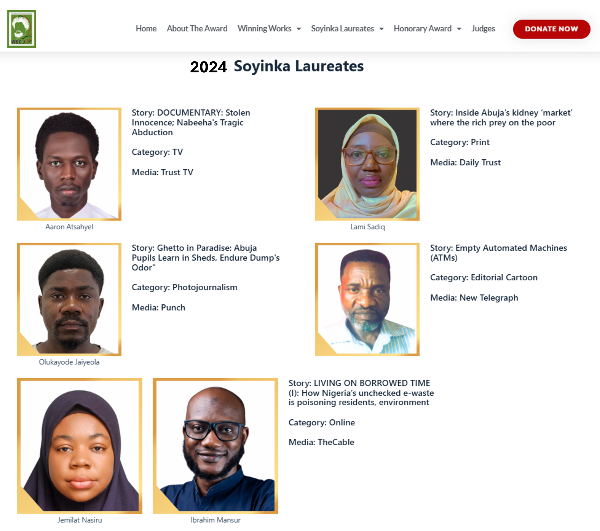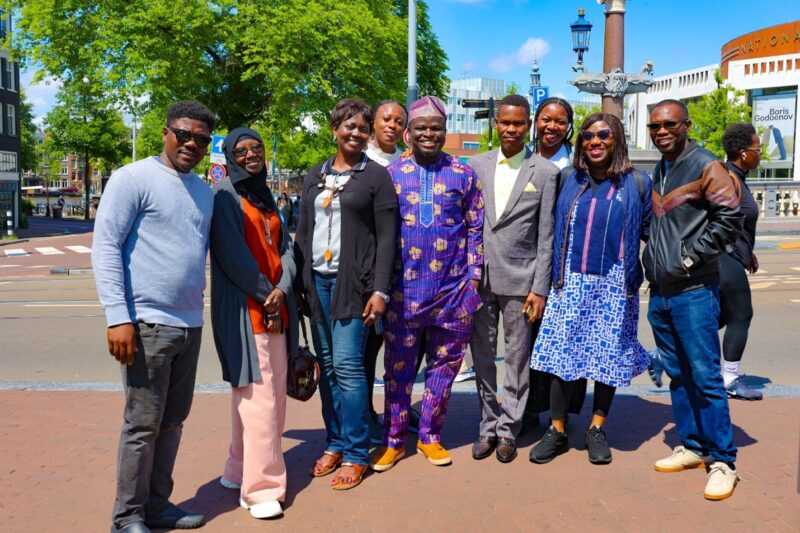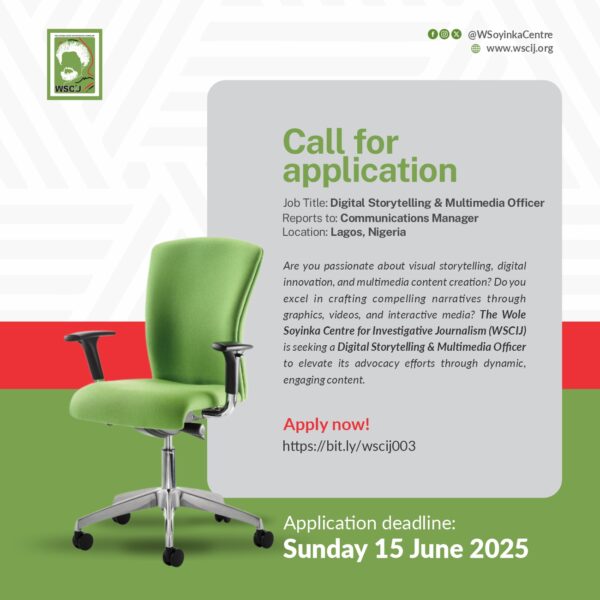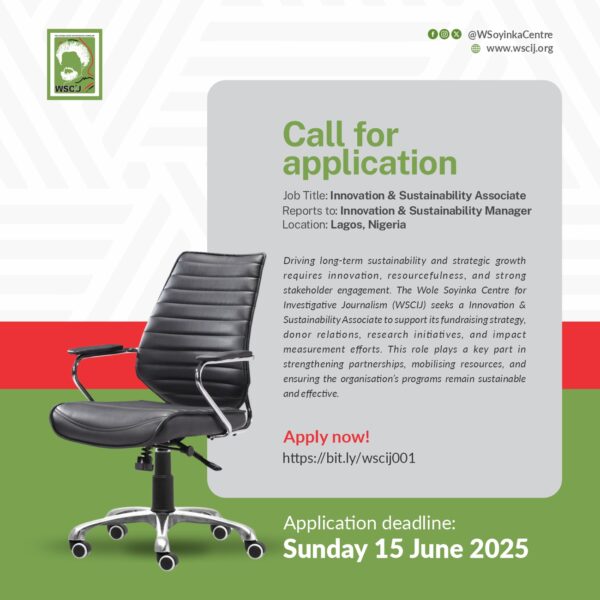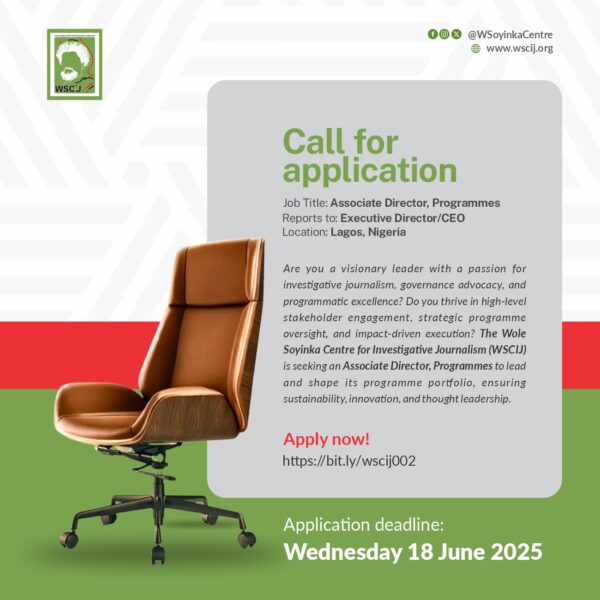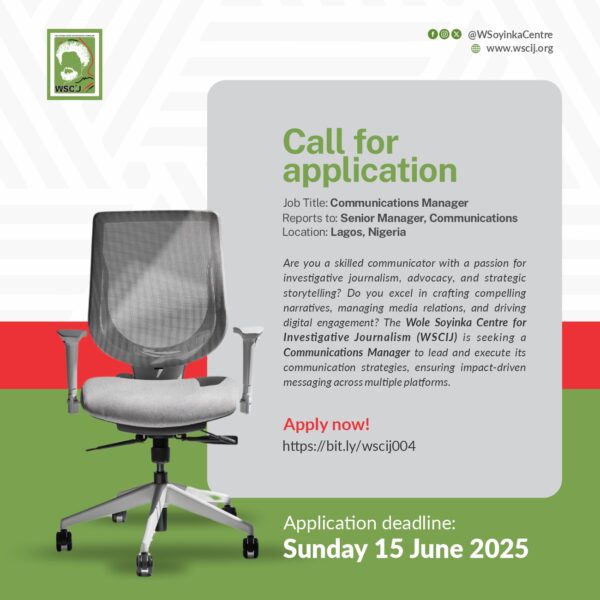
Examining the threats and opportunities AI brings for the investigative reporting landscape amid news media credibility concerns and shrinking civic space

Over two days, the Wole Soyinka Centre for Investigative Journalism (WSCIJ) hosted stakeholders at the Amplify In-depth Media (AIM) Conference, which focused on Media credibility, investigative reporting, and artificial intelligence. The conference examined how investigative reporting and the ethics expected of the news media interact, as well as how to maintain both in a time of technological disruptors like Artificial Intelligence (AI).
Held Sunday, 8th and Monday, 9th December, 2024, the conference had speakers and participants take on salient issues concerning journalism’s credibility and independence despite technological advancement. In her opening remarks, Motunrayo Alaka, WSCIJ’s Executive Director/CEO, emphasised that since journalism a lot of the time reflects society, discussing the interaction between AI – one of the recent huge happenings in society – and journalistic ethics and credibility is very crucial. Panellists and participants shared divergent views on AI and media credibility, ranging from Simon Kolawole’s acknowledgement of AI’s ability to streamline research to FehintolaJesu’s thoughts about the inability of AI to draw conclusions on certain issues to Fanny Eric’s concerns about over-reliance on AI by journalism students, which risks diminishing field reporting skills and to Ajibola Amzat’s position that professionalism of journalism started in Nigeria recently.
After the virtual conference and on the evening of Monday, 9th December, the 19th Wole Soyinka Award for Investigative Reporting (WSAIR) was also held at the MUSON Centre in Lagos, with winners, runners-up and commended recipients emerging across the six categories, namely print, radio, television, editorial cartoon and photo. Honorary awards of the Lifetime Award for Journalistic Excellence and the Human Rights Defender Award were presented to Chinyere Okunna, Deputy Vice-Chancellor, Paul University, Awka, and late Beko Ransome-Kuti, physician and activist, respectively. Also honoured were members of the WSCIJ board of trustees – Ropo Sekoni, Board chair; Jiti Ogunye, Board Secretary; and Idowu Obasa, a member – who has served on the board from 2009 till date.
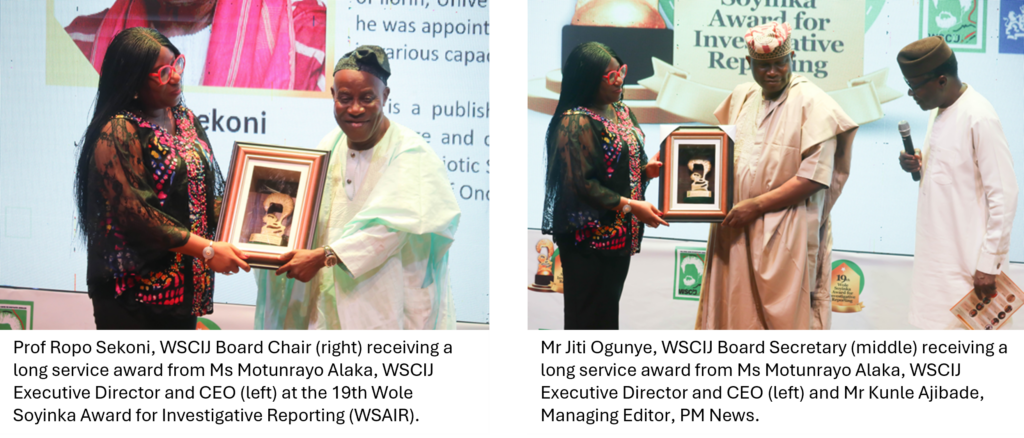
The conference and awards were funded by the Netherlands Embassy as part of the ‘Leveraging the power of the media to fortify the civic space and tackle mal information’ programme in collaboration with the Centre for Journalism Innovation and Development (CJID).
This newsletter highlights what went down at the 4th AIM Conference and #WSAIR2024!
WSCIJ Team.
AIM Conference Day 1
Delivering the keynote for the conference, Tolu Ogunlesi, the immediate past special assistant to President Muhammadu Buhari on media and publicity, and the Managing Partner of WoweMedia, painted a cautionary picture of humanity’s lack of readiness for a world increasingly driven by machine learning technology, churning out sophisticated content. Read More.
Victoria Bamas, Editor at the International Centre for Investigative Reporting (ICIR), has called on media practitioners, particularly investigative journalists, to embrace a collaborative approach with Artificial Intelligence (AI) rather than having antagonising views. She emphasised that AI can enhance journalistic output and contribute to greater accuracy in reporting. Click here to read more.
The importance of incorporating emotion and transparency into investigative reporting was an anchor point made by Jeff Kelly Lowenstein, the Executive Director of the Center for Collaborative Investigative Journalism (CCIJ), during the recently concluded Amplify In-Depth Media (AIM) Conference, which was organised by the Wole Soyinka Centre for Investigative Journalism (WSCIJ) and held virtually on Sunday, 8 and Monday, 9 December 2024. Read More.
AIM Conference Day 2
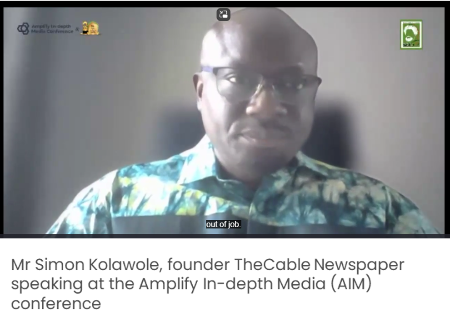
There’s an underlying fear that AI might replace human journalists, but this is largely unfounded, according to Simon Kolawole, the founder of TheCable. He explained this further: “As I often explain to skeptics, AI cannot source stories or conduct interviews. It cannot call a governor for a statement or chase down a minister for a comment. Journalism requires human intuition, curiosity, and the ability to navigate complex ethical dilemmas – qualities no algorithm can replicate.” Read more about Kolawole’s position on Embracing Progress While Upholding Ethics with the Adoption of AI here.
Ogechi Ekeanyanwu’s remarks at the AIM conference underscored the critical need for ethical standards in journalism, especially as AI becomes an increasingly integrated tool in the newsroom. While AI holds immense potential to enhance journalistic work, it cannot replace journalists’ fundamental responsibilities to gather evidence, verify facts, and uphold the principles of fairness, accuracy, and transparency, according to her. By combining older generations’ wisdom and experience with younger journalists’ technological expertise, Ekeanyanwu believes that the industry can thrive in a way that respects tradition and embraces innovation. Click here to read more.
During the panel session on the second day of the AIM Conference, Dayo Duyile, Head of the Department of Mass Communication at Wesley University, provided profound insights into the evolving landscape of investigative journalism. Drawing on over five decades of experience in the field, he discussed the interplay between knowledge, professionalism, and technology in shaping credible journalism. His remarks underscored the craft’s enduring principles while addressing its contemporary challenges. More details here.
“Now, young journalists and students can just go to AI. Okay, AI, generate a story for me. AI, do this assignment for me. AI, do this. AI do that,” Fanny explained. However, she expressed concern about the growing dependence on AI, warning that its intended purpose – as a guide rather than a replacement for human effort – was being misinterpreted. Catch up here on Fanny’s position.
During the panel session on day two of the Amplify In-depth Media (AIM) Conference, held on 8 and 9 December 2024, Juliet Buna, the Editor of Crest FM Ibadan, delivered a profound perspective on the interplay between Artificial Intelligence (AI) and broadcast journalism. She highlighted the industry’s strengths and vulnerabilities in adapting to emerging technologies while emphasising the core principles of credibility and human connection. Click here to read more.
Who said what? Notable quotes and takeaways from the AIM Conference and #WSAIR2024
“If a journalist chooses the wrong source to do their investigation, no matter their artificial intelligence tools, the result will lack credibility.” – Dayo Duyile, Head of the Department of Mass Communication, Wesley University.
“Based on the (award) entries received and reviewed, it is obvious that the media is battling critical issues such as AI and proliferation of the media profession by quacks.” – Stella Din-Jacob, Director of News and Editor in Chief at TVC Communications.
“There is a war out there. It is not a war with guns and bombs but a war for the control of people’s minds through information. Unfortunately, the first casualty of this war is the truth.” – Michel Deelen, Consul General, Netherlands Embassy in Nigeria.
“Artificial Intelligence cannot replace media or investigative journalism. It can only enhance our work, so rather than fight AI, we should embrace it.” – Victoria Bamas, Editor at the International Centre for Investigative Reporting (ICIR).
“Nigerians must ask themselves questions. How many people can and are paying for local journalism they enjoy?” – Tolu Ogunlesi, Managing Partner of WoweMedia.
“Credibility is non-negotiable in journalism.” – Motunrayo Alaka, Executive Director/CEO WSCIJ.
“AI is not going to replace humans because it cannot source stories. AI only listens and hears what we say and feeds off what we feed into it. AI does not fact-check or cross-reference but will only give you popular opinions. This is why AI needs human beings.” – Simon Kolawole, Founder TheCable.
“We need to understand the basic journalist standards and fundamentals of journalism. When we understand these journalism ethics, we will understand the place of fact-checking, fairness and ethical use of technology in the age of AI” – Ogechi Ekeanyanwu, Regional Coordinator for Sub-Saharan Africa, SciDev.net.
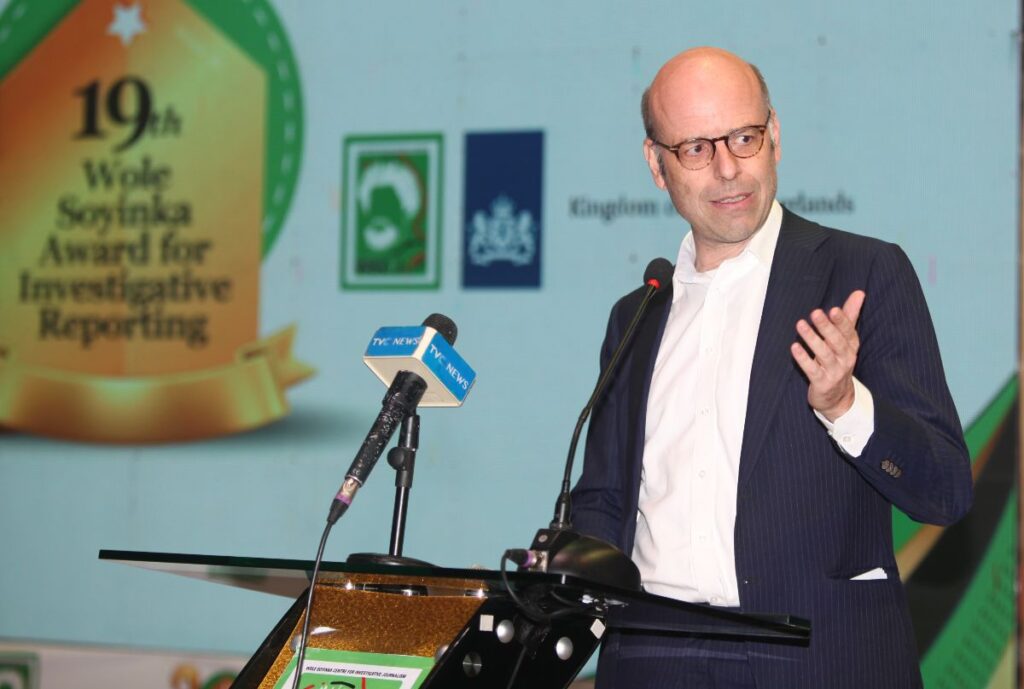
“The shrinking civic space where journalists are hounded for the works they do is a reason why we need to invest more in investigative journalism in Nigeria.”- Michel Deelen, Consul General, Netherlands Embassy in Nigeria.
15 journalists get cash and other prizes as Okunna and Ransome-Kuti receive honourary awards amid calls to defend the civic space and advance media credibility.
The 15 finalists at the 19th edition of the Wole Soyinka Award for Investigative Reporting (WSAIR) received 5.5M naira cash prizes in total and other prizes during the award ceremony held on 9 December 2024 in Lagos. The stories that brought honours to the journalists harped on human rights violations (e.g. “Aminat Alege: A 12-year-old’s ordeal with police brutality” by Adedoja Salam-Adeniyi of TVC News and “Ghetto in Paradise: Abuja Pupils Learn in Sheds, Endure Dump’s Odor” by Olukayode Jaiyeola of The Punch), insecurity (“Stolen Innocence; Nabeeha’s Tragic Abduction” by Aaron Atsahyel of Trust TV), regulatory failures (e.g. “Inside Abuja’s kidney ‘market’ where the rich prey on the poor,” by Lami Sadiq of Daily Trust and “Living on borrowed time: How Nigeria’s unchecked e-waste is poisoning residents, environment” by Jemilat Nasiru and Ibrahim Mansur of TheCable) and corruption (e.g. “With N45,000, I got valid police character certificate for Kirikiri Prison inmate” by Daniel Ojukwu of Foundation of Investigative Journalism, FIJ).
Category winners each received an award plaque, a certificate, a cash gift of Five Hundred Thousand Naira (N500,000), and an international trip. The Runner-ups received a certificate of commendation and a cash gift of Three Hundred Thousand Naira (N300,000), while finalists whose works were commended received a certificate of commendation and a cash gift of Two Hundred Thousand Naira (N200,000).
The resonating theme on the evening, from the remarks by WSCIJ’s Executive Director to the goodwill message by Michel Deelen, the Consul General, Embassy of the Kingdom of the Netherlands, Lagos, was the importance of ramping up the support investigative journalists receive as the trend of attacks on them in the line of duty continue to escalate and the war for the control of people’s minds through information rages on. In her comments, the 2024 WSAIR judges board chair, Stella Din Jacob, also drew out observed gaps in the gender disparity of received entries. Of the 219 entries received from 153 journalists, 45 of them were female, representing only 29.4%, while 108 male journalists, representing 70.5%, applied for the awards. Apart from charging female journalists to be “more intentional in telling our stories,” she also highlighted other salient issues that media practitioners must address. She said, “Today’s world of artificial intelligence has demonstrated its disruptive tendencies. It has put us all on our toes to improve standards and to think of creativity and depth in all we do. The flip and downside of this is the manipulation of AI in ways that may torpedo the reality of any situation. Today, anyone with a camera and a microphone is a journalist, whether we like it or not. We also have fake news to contend with, yellow and gutter journalism sometimes and underhanded tactics also to deal with, and I dare say that there is a growing and dangerous subculture of unprofessionalism which is slowly but gradually destroying the letter and the spirit of the ethics of our profession.”
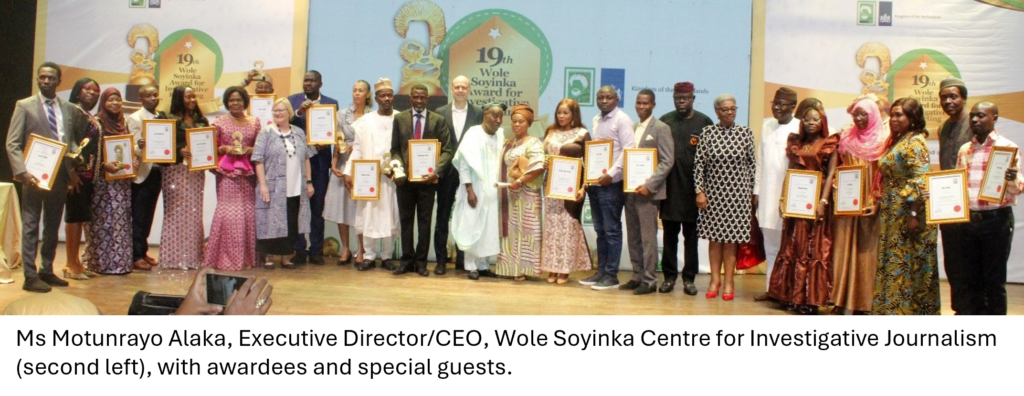
Chinyere Okunna, the first female professor of Mass Communication in Sub-Sahara Africa and the late Beko Ransome-Kuti were also honoured with the Lifetime Award for Journalistic Excellence and the Human Rights Defender Award, respectively. Professor Okunna was honoured for her years of unwavering dedication to the development of Nigerian media, her contributions to journalism for development, and her outstanding work for the advancement of women in society and the media. Morenike Ransome-Kuti, daughter of Dr Ransome-Kuti represented the family and received the award. The posthumous recognition is for his pro-democracy and civil rights work. In addition to practising medicine and advocating for the poor’s right to health, Dr Ransome-Kuti formed and served as the leader of organisations such as the Pro-National Conference Organisation (PRONACO), the Committee for the Defence of Human Rights, and the Campaign for Democracy.


